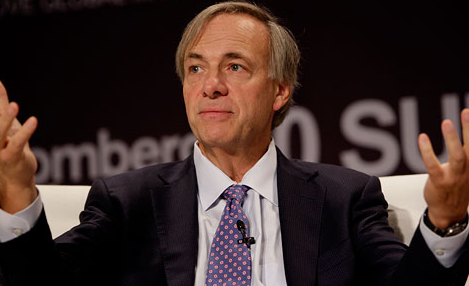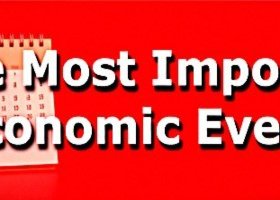Markets are the ultimate humbler

When we're confronted with a totally different view from our own, we have two ways of looking at it: We're biased, or the other person is.
You can guess which choice people instinctively make. The FT has a great article on how hard it is to fight back against native bias.
The wonderful thing about markets is that there is a scorecard. You need to develop an opinion so strong that you're willing to bet a substantial amount of money on it. But if you're too stubborn, you won't last long.
Markets are an avenue for personal development
No one trades for personal development. We're in it for money.
But the money is a means to an end. The goal is inevitably some kind of freedom. Freedom from debts, freedom to do what we want, freedom from worry.
Don't underestimate how the trading journey can benefit the personal journey. Humility is at he core of happiness and there's nothing that can humble a man like markets.
There's a stereotype about traders and I think it's one of the most dangerous things out there to imitate it. The idea is that successful traders are like Gordon Gekko or some other coked-up maniac risk taker.
I've met many great traders and they truly come in all types. Many are obsessive and flawed but they're largely some of the most worldly, open-minded and humble thinkers you'll ever meet.
Read the Market Wizards books and you won't find any Gordon Gekko's. The greatest marco trader alive -- in my opinion -- is Bridgewater's Ray Dalio. He's worth $15.4 billion and his Principles document is all about being challenged and listening.
Here's what he has to say:
"I stress-tested my opinions by having the smartest people I could find challenge them so I could find out where I was wrong. 6 I never cared much about others' conclusions-only for the reasoning that led to these conclusions. That reasoning had to make sense to me. Through this process, I improved my chances of being right, and I learned a lot from a lot of great people," he wrote.
"I remained wary about being overconfident, and I figured out how to effectively deal with my not knowing. I dealt with my not knowing by either continuing to gather information until I reached the point that I could be confident or by eliminating my exposure to the risks of not knowing ... I wrestled with my realities, reflected on the consequences of my decisions, and learned and improved from this process."

